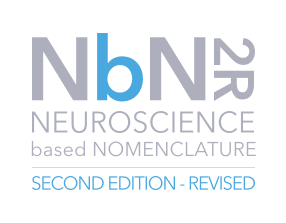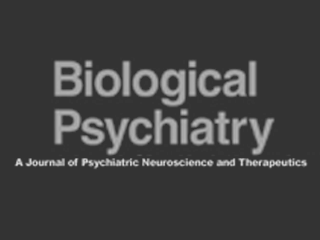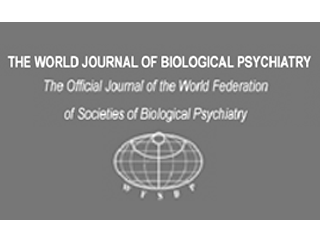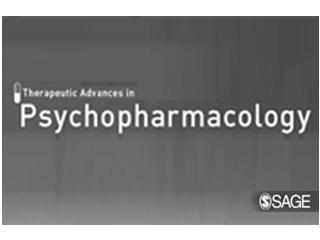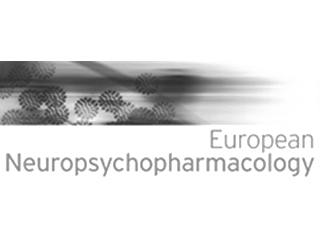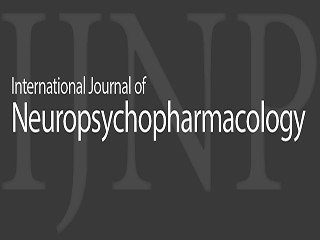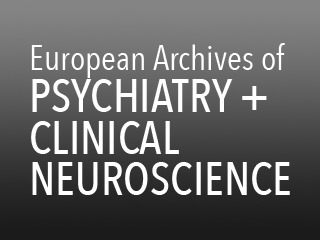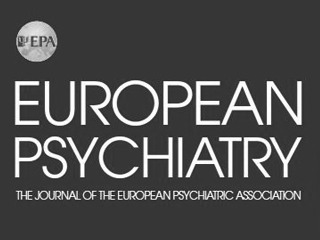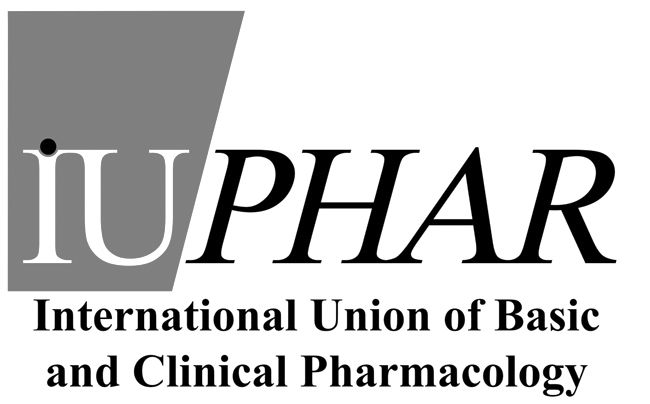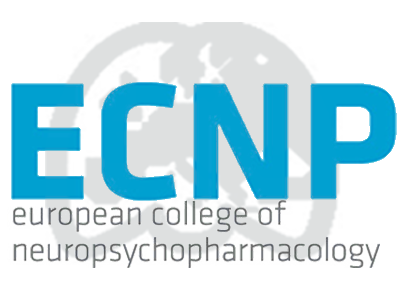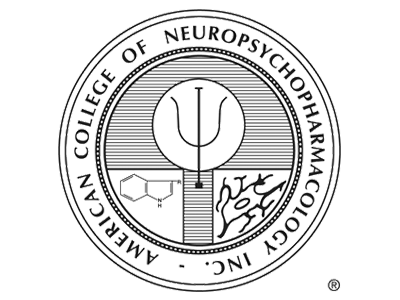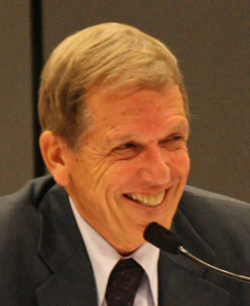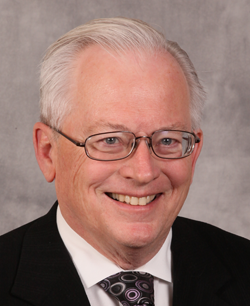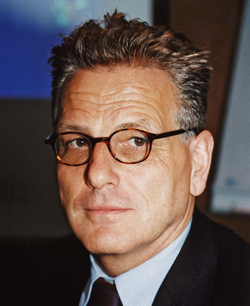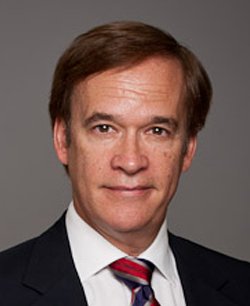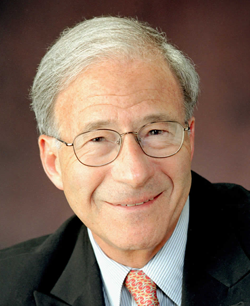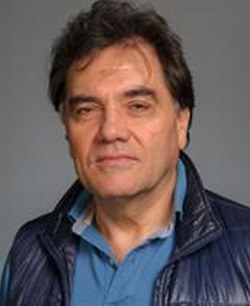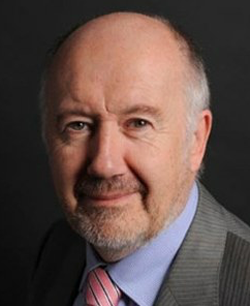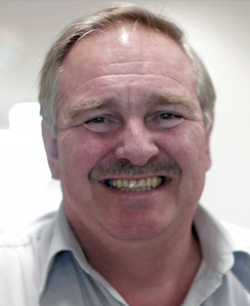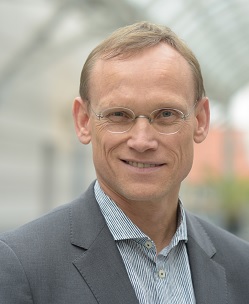SIMPLE & STRAIGHTFORWARD
NbN is driven by pharmacology and mode of action. These two elements encapsulate the essence of the nomenclature.
PHARMACOLOGY
This nomenclature applies contemporary pharmacological knowledge rather than arbitrary descriptors based on indication (antidepressants, antipsychotics, etc.) or chemical structure.
ENHANCED ADHERENCE
Through a naming system that provides a pharmacological rationale for selecting a specific drug, rather than the diseased-based and sometimes confusing conditions (i.e. prescribing antidepressants for anxiety).
Structure of NbN

Pharmacology
Reflects current knowledge and understanding about the pharmachological domain - neurotransmitter/ molecule / system being modified
Mode of Action
Reflects current knowledge and understanding about the mechanism of action
Additional Dimensions
We've included four additional dimensions of relevant information regarding every drug in the nomenclature.
10 pharmacology
9 mode of actions
130 drugs
42 indications
The Official NbN app.
Available free of cost to enhance treatments and improve psychiatric healthApproved by international colleges of neuropsychopharmacology and leading scientific journals, the NbN app helps you choose the most appropriate psychotropic treatment and apply its name correctly.
Features an easy-to-use search engine that sorts the compound by name (generic or brand), pharmacology, mode of action, indications, efficacy, side effects, former terminology, as well as any combinations of these variants, to achieve fast and accurate results.
The information featured in this app is automatically updated twice a year to reflect the development in research and contemporary understanding in neurobiology.
The organizations
The task force
Joseph Zohar
Chair, ECNPProf. Zohar is a professor of Psychiatry at the Sackler Faculty of Medicine, Tel Aviv Universality a visiting Professor at the University of Maastrich (The Nederland's). Prof. Zohar is the past president of ECNP and the current chair of the Expert Platform Focus on Depression. He is has founded and is a member of the editorial board of World Journal of Biological Psychiatry. Prof. Zohar has authored more than 300 papers, and has written or edited 16 books. He has initiated and has been the chair of the taskforce on nomenclature.
Stephen Stahl
CINPDr. Stahl is professor of psychiatry at the University of California at San Diego and Honorary Fellow in Psychiatry at the University of Cambridge. He currently serves as editor-in-chief of CNS Spectrums and is author of over 500 articles and chapters, and more than 1600 scientific presentations and abstracts, has written or edited 43 textbooks, including the best-selling and award winning Stahl’s Essential Psychopharmacology, and also Essential Psychopharmacology Prescriber’s Guide. He has also recently published novel, a thriller Shell Shock.
Hans-Jürgen Möller
CINPProf. Hans-Jürgen Möller worked in the recent past (1994-2012) as Full Professor of Psychiatry and Chair of the Psychiatric Universitiy Department Munich, where he is currently professor emeritus. His research work focussed on biologial psychiatry and clinical psychopharmacolgy, a field , in which he published more than 1000 papers in peer reviewed journals (Hirsch Faktor 68). He was Chief editor of the World Journal of Biological Psychiatry and European Archives of Psychiatry and Clinical Neuroscience as well as Psychopharmakotherapie.
Pierre Blier
ACNPDr. Blier is a Full Professor of the Departments of Psychiatry and Cellular & Molecular Medicine, at the University of Ottawa, and Director of the Mood Disorders Research Program at the University of Ottawa Institute of Mental Health Research, Royal Ottawa Mental Health Care Center. He has carried out basic research investigating mechanisms of action of psychotropic medications since 1978, conducts investigator-initiated clinical studies, and treats patients with mood and anxiety disorders on a daily basis.
David Kupfer
ACNPDavid J. Kupfer, M.D. is Professor of Psychiatry at the University of Pittsburgh School of Medicine. Between 1983 and 2009, Dr. Kupfer served as Chair of the Department of Psychiatry at the University of Pittsburgh School of Medicine, and Director of Research at Western Psychiatric Institute and Clinic. A prolific writer, Dr. Kupfer has authored or co-authored a combination of more than 1,120 articles, books, and book chapters. Dr. Kupfer was elected to the Institute of Medicine of the National Academy of Sciences in 1990. He is the Founding President of the International Society of Bipolar Disorders. Dr. Kupfer chaired the American Psychiatric Association Task Force for DSM-5.
Shigeto Yamawaki
AsCNPDr. Shigeto Yamawaki is Professor and Chairman of Department of Psychiatry and Neurosciences, Hiroshima University. He is the current President of the International College of Neuropsychopharmacology (CINP). He was the founding President of Asian College of Neuropsychopharmacology (AsCNP) and President of the International College of Geriatric Psychoneuropharmacology (ICGP). He serves as a member of Science Council of Japan. He has published more than 300 papers in the high impact international journals such as Nature Neuroscience, Biological Psychiatry, Journal of Neuroscience, Neuroimage as well as International Journal of Neuropsychopharmacology.
Hiroyuki Uchida
AsCNPDr. Hiroyuki Uchida is an Associate Professor at the Department of Neuropsychiatry, Keio University School of Medicine in Tokyo, Japan. He specializes in clinical psychopharmacology in schizophrenia and depression.
Filippo Drago
IUPHRFilippo Drago graduated in Medicine from Catania University Medical School, Italy in 1978. He was certified in Psychiatry in 1982 from the University of Catania and in the same year he achieved the PhD in Pharmacology from the University of Utrecht, The Netherlands, working with Prof. D. de Wied. In addition, he was certified in Neurology in 1986 and Mental Hygiene in 1990. At present, Prof. Drago is Full Professor of Clinical Pharmacology at the University of Catania Medical School, Director of the Department of Biomedical and Biotechnological Sciences (Biometec) and Chairman of the Master in Drug Regulatory Disciplines at the same University. Since 2012 he is Director of the Clinical Pharmacology Unit, University Policlinic of Catania. He was President of the Unifarm Research Centre for Clinical Pharmacology. He is author of about 350 papers published in peer-reviewed journals.
Guy Goodwin
ECNPGuy M. Goodwin, DPhil, FMedSci is currently a research fellow and former WA Handley Professor of Psychiatry at the University of Oxford, Oxford, UK.
His research interests are in the treatment of bipolar disorder and the application of neuroscience in understanding its neurobiology, with a focus on developing new treatments. He is a Fellow of the American College of Neuropsychopharmacology, was President of the British Association for Psychopharmacology (2004–2005) and is president of the European College of Neuropsychopharmacology (ECNP) and a Senior Investigator on the faculty of UK National Institute for Health Research (NIHR).
David Nutt
ECNPProf. David Nutt is a psychiatrist at Imperial College London. He trained at Cambridge, Guys Hospital, Oxford University and NIH. His research focuses on the use of PET and fMRI imaging to understand how drugs work in the brain and the mechanism underpinning psychiatric disorders particularly addiction and anxiety disorders.
Christoph Correll
Christoph U. Correll is Professor of Psychiatry at The Zucker School of Medicine at Hofstra/Northwell, New York, USA, and also Professor and Chair of the Department of Child and Adolescent Psychiatry, Charité University Medicine, Berlin, Germany. He completed his medical studies at the Free University of Berlin in Germany, and Dundee University Medical School in Scotland. He is board certified in general psychiatry and child and adolescent psychiatry, having completed both residencies at The Zucker Hillside Hospital in New York City. Since 1997, he has been working and conducting research in New York, USA, and since 2017 he is also working in Germany again.
Professor Correll focuses on the identification and treatment of youth and adults with severe mental illness, clinical trials, epidemiology, psychopharmacology, meta-analyses, and the interface between physical health and mental health.
